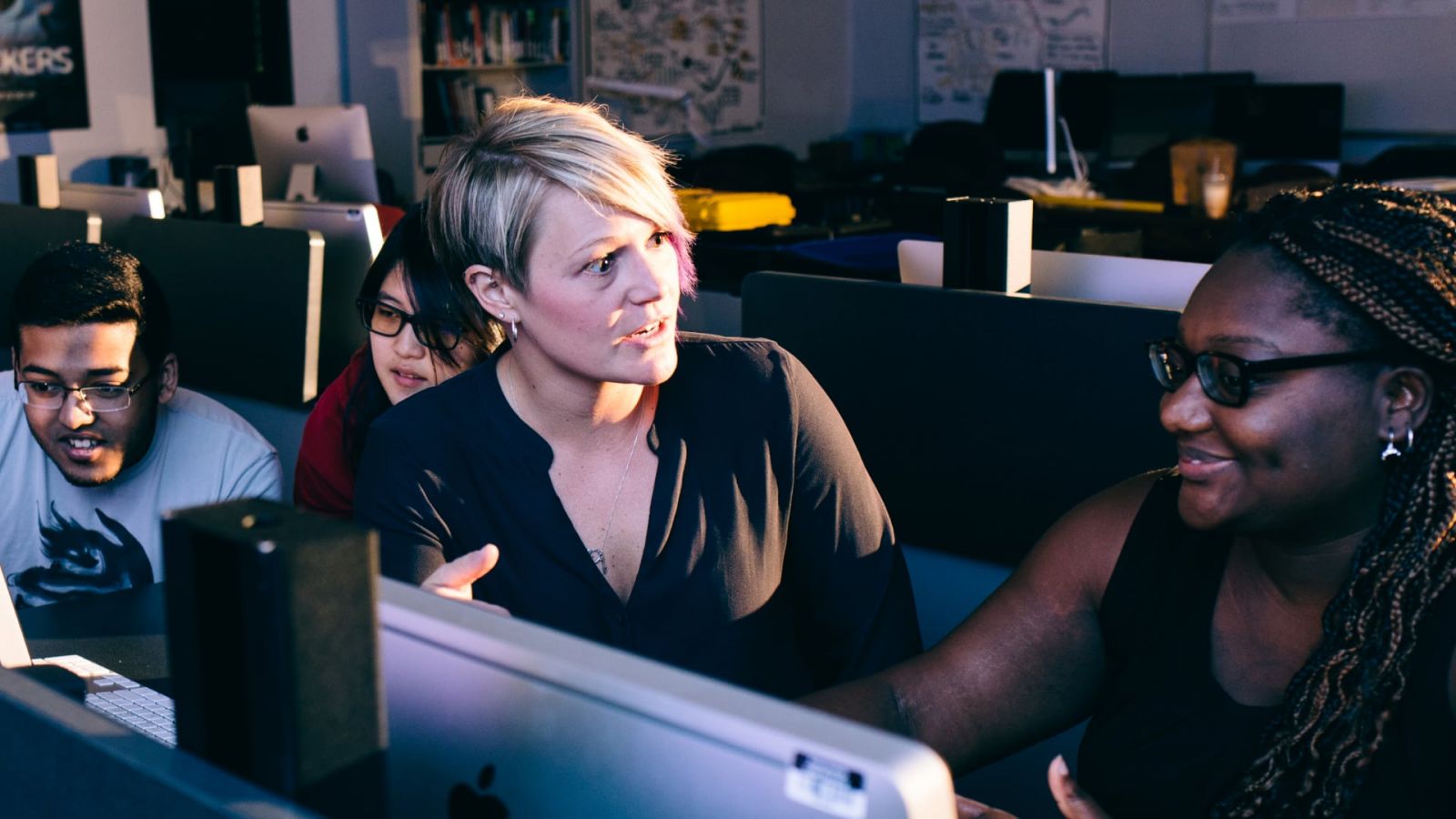
Kathryn Seigfried-Spellar, an associate professor in Purdue Polytechnic’s Department of Computer and Information Technology, has received grant funding from Google to study gender and age as factors relating to patterns of online child sexual exploitation.
This grant also has cross-cultural applications, as funding was apportioned both to Seigfried-Spellar at Purdue, and to her co-principal investigator Virginia Soldino at Spain’s University of Valencia. While the two researchers plan to study how the gender of an abuser and the age of targeted children may influence the ways in which the abuser may try to groom the victim or get around the law, the study will also investigate similarities and differences in these results in the Spanish and American contexts.
In their Spanish-language piece about Soldino’s component of the research, the University of Valencia defines grooming as “the term used to describe the sexual harassment of children and adolescents by an adult posing as a minor through the internet.”
Google granted the two universities $95,000, $60,000 of which is coming to Purdue for Seigfried-Spellar’s efforts. This research comes in short sequences after the end of her Fulbright appointment in Spain, which saw Seigfried-Spellar working at the University of Valencia’s Research Institute of Criminology and Criminal Science. Soldino’s expertise is in criminology, with a particular focus on online child sexual exploitation (OCSE)—making this a topic of central subject-matter expertise for both professors.
OCSE is a global epidemic, as it continues to grow each year. It is often facilitated by technological advancements, including social media and gaming platforms which have chat functions that allow for simultaneous conversations among many different groups, often with some level of anonymity.
“Our research will contribute to a more comprehensive understanding of online grooming dynamics by shedding light on how gender and age factors shape grooming strategies and victim responses,” the co-principal investigators said in their proposal to Google. They believe their research will lead to crucial evidence-based practices for policymakers and law officials, greater public awareness of online grooming as well as positive affects across several other impact areas.
Additional information
- The University of Valencia’s piece on Virginia Soldino’s research component (Spanish language)
- Purdue cybercrime expert named Fulbright Scholar for her work targeting child sex offenders in Spain (Purdue Polytechnic newsroom)
